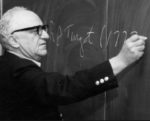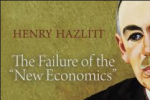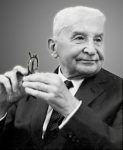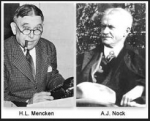New York was the toughest nut for the Federalists to crack. For here was one state where not only was the population overwhelmingly opposed to the Constitution, but the opposition was also in firm and determined control of the state government and the state political machinery. Here was a powerful governor, George Clinton, who would not, like Hancock and Randolph in the other critical states, yield to a sellout under pressure. Clinton had been a highly popular governor since the formation of the state, had a strong political machinery based on the mass of upstate yeomanry, and was determined to organize and defeat the Constitution.Still, their final organization was sluggish. It was only in February 1788 that the Albany Antifederalists, guided by Clinton, formed a committee to organize the
Read More »2024-03-16






























































